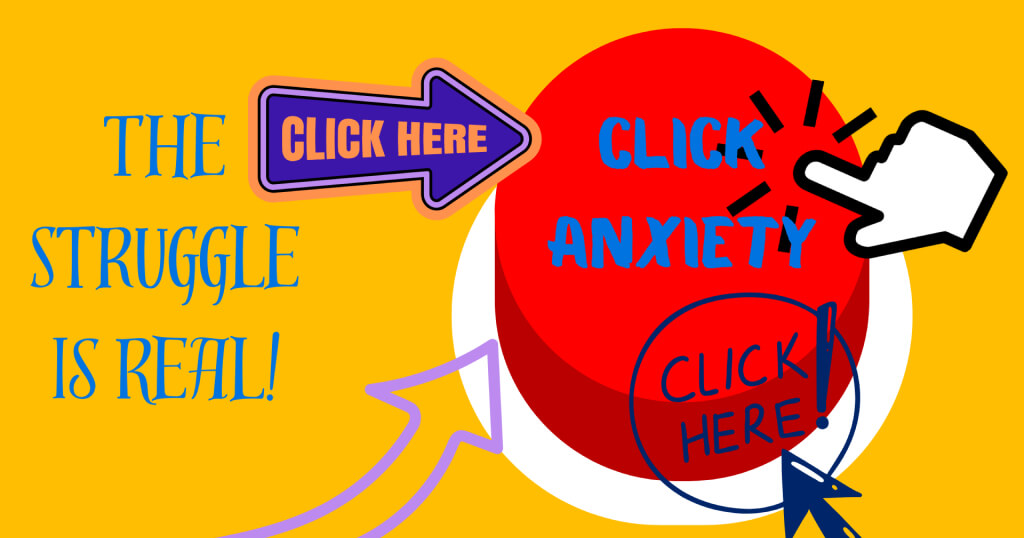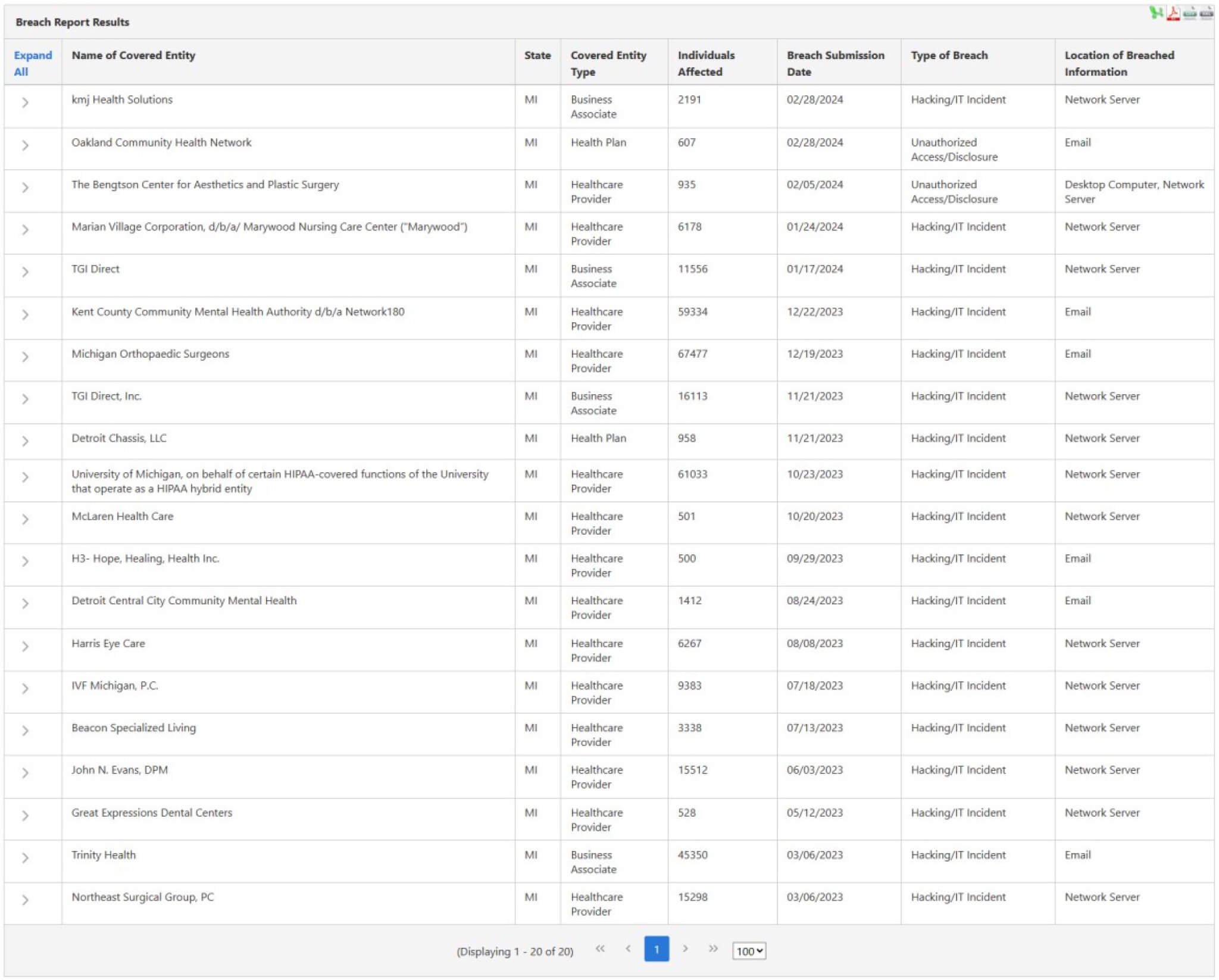
Click Anxiety - Look B4 U Leap
Mar 14, 2024
Every click matters. We know this from personal experience, news reports, and cybersecurity awareness training. Whether it's a link in an email, a shortened URL, or a pop-up ad, the moment of hesitation before clicking is real.
We have all experienced this feeling of "click anxiety" - hovering over a button, unsure if it is safe to proceed. And this is to be expected with our current climate. Cyberattacks are way up. And thousands of businesses are getting scammed every day. Almost half of organizations have experienced fraud or financial crimes in the past two years.
Organized crime syndicates are becoming more professional, collaborating, and executing more sophisticated attacks. They even have dedicated help desks for tech support! Cybercrime is the third-largest economy globally, trailing only the United States and China.
Wall of Shame
The U.S. Department of Health & Human Services publishes a "HIPAA Wall of Shame" to report health care data breaches in the last two years that affect more than 500 people.
The screenshot below shows Michigan-based breaches from Jan. 1, 2023, to March 13, 2024. The list includes well-known medical providers such as Trinity Health, University of Michigan, Kent County Community Mental Health Authority, McLaren Health Care, and Oakland Community Health Network. Many of the breaches started with clicks in emails.

What is click anxiety?
It is the uneasy sensation that arises when we are about to interact with a link, and our mind is filled with questions. Is this legitimate? Could it be a phishing attempt? Will clicking on it harm my device?
Computer users’ fear of clicking links, buttons, documents, images, videos, ads, and menus stems from a mix of security awareness, uncertainty, and the potential consequences of a single click.

Examples
- Hesitating before clicking links in emails, especially if they appear unexpected or come from unknown senders.
- Avoiding bitly links or other shortened URLs due to fear of what might be hidden behind them.
- Reluctance to click pop-up ads or banners, fearing they might lead to malicious websites.
- Doubting whether to click on download buttons on websites, wondering if they might contain harmful files.
- Pausing before clicking hyperlinks in chat messages or social media posts, wary of potential risks
To combat this, apply the adage "look before you leap". To alleviate click anxiety and enhance your online security, consider partnering with a trusted MSSP like STACK Cybersecurity."
